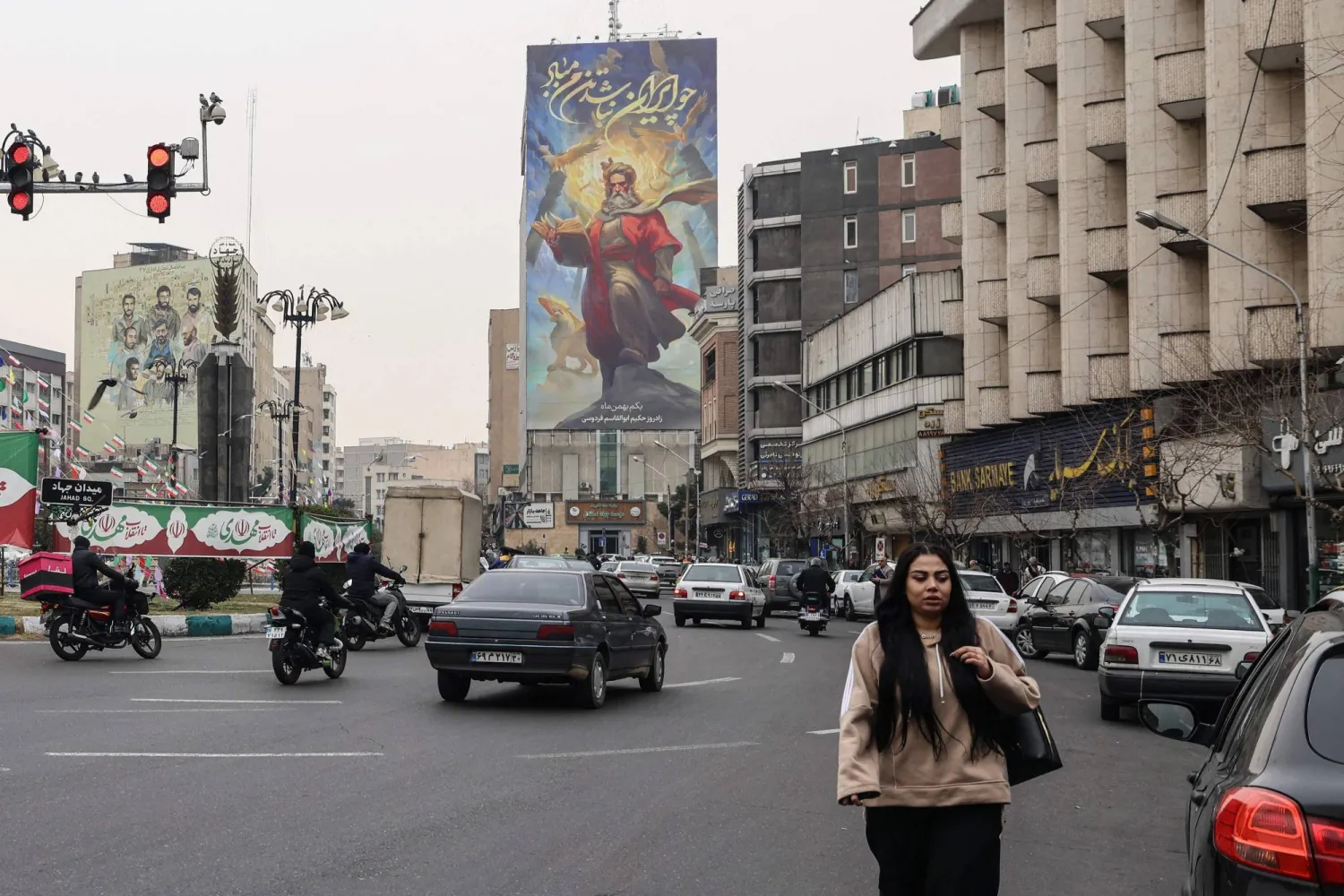The Israeli army increased its alert level on the Syrian and Lebanese borders in anticipation of Iranian attacks, according to security sources in Tel Aviv.
The sources said that Tehran took a clear escalatory step when it announced its responsibility for the bombing of an "Israeli" site in Erbil with 12 ballistic missiles.
The sources stressed that the recent Israeli strikes were very harsh on Iran, especially the recent attack when Israel destroyed about 600 drones on Iranian territory and the attack on Syrian territory earlier this week, which killed two senior fighters of the Iranian Revolutionary Guard Corps (IRGC) in Syria.
Israel announced its alert status in the Israeli diplomatic headquarters in Azerbaijan, Iran's northern neighbor.
US sources revealed that the Israeli airstrike on an Iranian drone factory last month took off from an Israeli site in Azerbaijan.
Israeli sources condemned the United States' disclosure that the Iranian bombing in April targeted Israeli training sites, warning that it only brings harm.
The drone war between Israel and Iran escalated in recent years.
In February 2018, the first significant event occurred when Iran launched a drone into the occupied territories in response to the airstrikes in Syria.
The drone was shot down, and the Israeli army responded by attacking targets in Syria, including the car that launched the drone.
The Iranian drone was carrying many explosives and was on a mission above military sites in the Syrian Golan Heights.
In August 2019, Israel thwarted two explosive drones sent to Israeli positions on Jabal al-Sheikh in the northern Golan. The army killed the cell members who launched the drone, who were Lebanese of the IRGC's Special Task Force.
It led to security tension and the exchange of strikes on the border with Lebanon that lasted for several months.
In recent years, Israel has been accused of launching various explosive drone operations against nuclear facilities in Iran.
During the last war on the Gaza Strip, in May 2021, Iran launched a drone that penetrated the Jordan Valley and was shot down.
Last week, the Israeli army revealed that two drones sent from Iran had been intercepted and shot down over the skies of other countries in the Middle East using F-35 stealth aircraft.
Israel is running an international campaign against Iranian activity, stressing that Tehran's stockpile of lethal drones and ballistic missiles threatens all regional and Western countries, not only Israel.
The commander of the US Central Command, General Kenneth McKenzie, said before the Senate Armed Forces Services Committee that Iran has over 3000 ballistic missiles of various types, some of which can reach Tel Aviv.
"None of them can reach Europe yet, but over the last five to seven years … they have invested heavily in their ballistic missile program," McKenzie said.
"Their missiles have significantly greater range and significantly enhanced accuracy," he added, saying it is a "remarkable" advancement.









